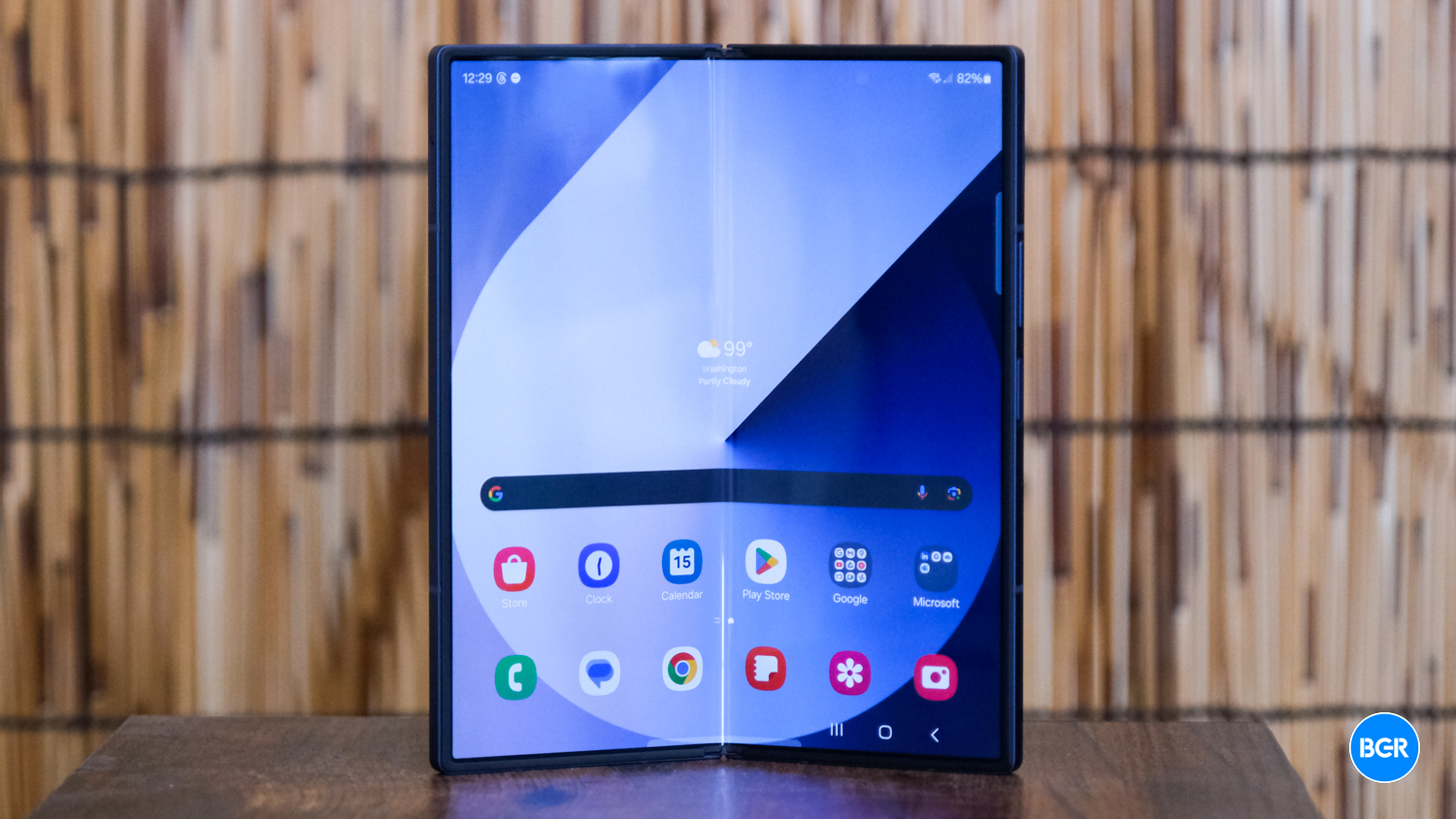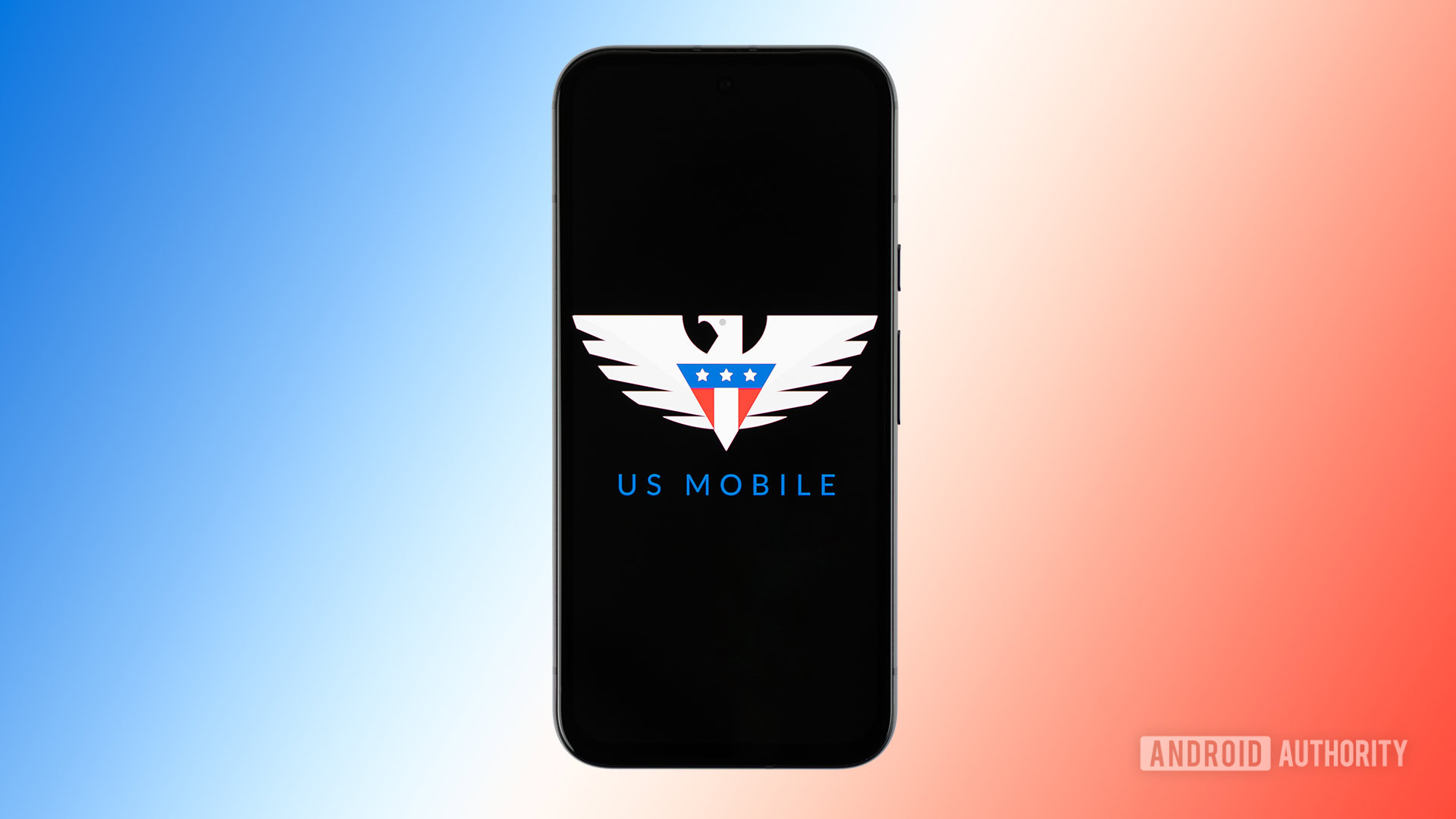Mobile virtual network operator (MVNO) Pelion has launched Pelion Plans, a managed internet of things (IoT) product and service proposition.
Established in 2000, Pelion serves more than 1,000 enterprise clients across a range of industries, including transport, healthcare, energy and utilities, industrial IoT, asset tracking, and logistics. The business has received investment from technology giants including Arm and Softbank, and became an independent company backed by Scottish Equity Partners in 2022.
Pelion said it has now refreshed and revitalised its brand identity, and launched Pelion Plans as part of its growth strategy to target domestic and international growth.
Explaining the go-to-market strategy, Pelion CEO Dave Weidner said: “At Pelion, we’ve focused on developing flexible, multi-carrier connectivity which has, in turn, enhanced reliability for our clients deploying in a single country or across the globe. We have less than half an hour of downtime per year, compared with the industry average of 87 hours. The cost of that downtime is significant – in the US, that 87 hours costs the average enterprise $22.8m per year – so bringing that as low as possible is key.”
The downtime cost figure cited was based on a study from Berg Insight – Achieving reliable connectivity for scalable cellular IoT deployments – which noted that across industries such as healthcare, manufacturing, and transport and logistics, businesses were increasingly relying on reliable connectivity to ensure smooth operational processes and preserve efficiency.
Moreover, it warned that downtime can have far-reaching effects that extend beyond temporary inconveniences, impacting revenue, productivity, customer outcomes and reputation.
Mobile network operators (MNOs) generally assure a specific level of operational support and uptime via service level agreements (SLAs). The study examined the impact of downtime and how multi-network connectivity, eSIMs and thoughtful hardware selection can help businesses maintain high levels of service availability for their cellular IoT device deployments.
Pelion Plans to use Pelion IoT embedded subscriber identity modules (eSIMs) to provide organisations with different levels of technological deployment and managed service, helping businesses scale IoT investment in line with deployment and connectivity needs.
The Pelion IoT eSIM is an embedded universal integrated circuit card, eUICC-enabled IoT SIM that provides future-proofed connectivity, and eUICC is a software offering that provides the capability to store multiple MNO profiles on a single SIM so that eUICC-enabled SIMs can switch seamlessly between MNOs.
This provides Pelion enterprise customers with the flexibility to change the MNO profile based the location, quality of service or cost profile they are trying to achieve wherever they are deploying. If an MNO is experiencing an outage, the customer’s deployment is quickly switched to a new provider, minimising downtime.
“The last two years have been a period of really fine-tuning our offer to provide the most reliable and secure service,” said Weidner. “Now that we’ve done that work, we’re moving into growth mode, looking to expand our work with enterprises large and small in both domestic and international markets. Our evolved brand and Pelion Plans are the starting point for setting us apart.”







